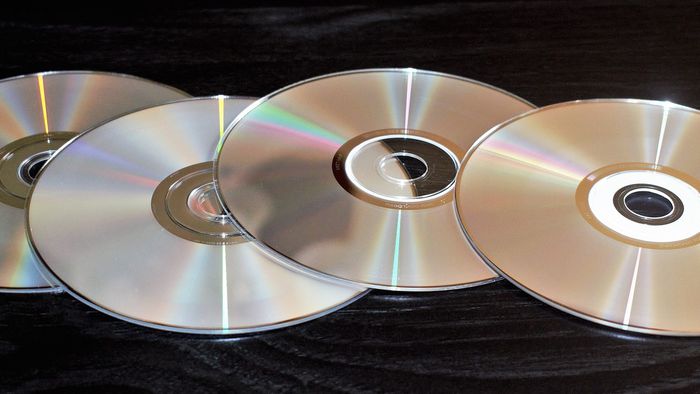City halls of riverside municipalities receive flood alert in Velho Chico
At least three cities in Bahia were contacted by Companhia Hidro Elétrica do São Francisco (Chesf)
Intel Rocket and Alder Lake CPUs cannot play 4K Blu-Ray

A processor is much more complex than it might seem . Often recognized for the performance it can deliver, this crucial component of any electronics has substantial additional tasks to process images, audio, connection, and other vital tasks. And in a decision that seemed small to Intel , maker Cyberlink found that the company's current CPUs make it incompatible to play 4K Blu-Ray content.
- Intel details Alder Lake chips and shows confidence to win back the public
- Intel shows first photos of 14th-gen Meteor Lake chips
This is because 11th and 12th Gen Intel Core processors no longer have software in their guts, Sofware Guard Extensions (SGX). It is not a vital codec for playing videos, but a content protection mechanism (DRM) to prevent piracy.
The anti-copy process is so sophisticated in 4K Blu-Ray that it requires hardware authentication to function and file handling limitations. Without low-layer encryption, via the processor, keys cannot be “read” by any operating system, preventing disks from running on machines with these CPUs.
–
Canaltech Podcast: from Monday to Friday, you can listen to the main headlines and comments about technological developments in Brazil and around the world. Links here: https://canaltech.com.br/360/
–

Intel justifies the withdrawal of this DRM mechanism by the discovered loopholes, which even allowed code injection at a systemic level, making sophisticated intrusions possible to be carried out away from the user's eyes. For the company, the security of the processor prevailed.
But what about who has a Blu-Ray player?
Let's face it, streaming and market movements have made accessing PCs and notebooks with physical 4K Blu-Ray players difficult. Devices with this function are nowhere near offered as were, one day, computers with CD and DVD readers.
The impact is thus limited. Blu-Ray players are still available on the market, and of course, they are fully compatible with this media — for displaying video through a TV or projector.
For disadvantaged users, the PowerDVD software maker's recommendation implies costs: it suggests a downgrade to processors up to the seventh generation Intel Core. And it does not recommend upgrading to Windows 11, which may cause some drivers to become incompatible.
Read the article on Canaltech .
Trending on Canaltech:
- Earth's core will cool faster than previously thought. What does that mean
- What is the closest star to Earth after the Sun?
- PayPal returns BRL 50 coupon and users celebrate
- Claro customers complain about cloning scams in operator numbers
- How I Met Your Father | Where are the HIMYM characters during the spin-off